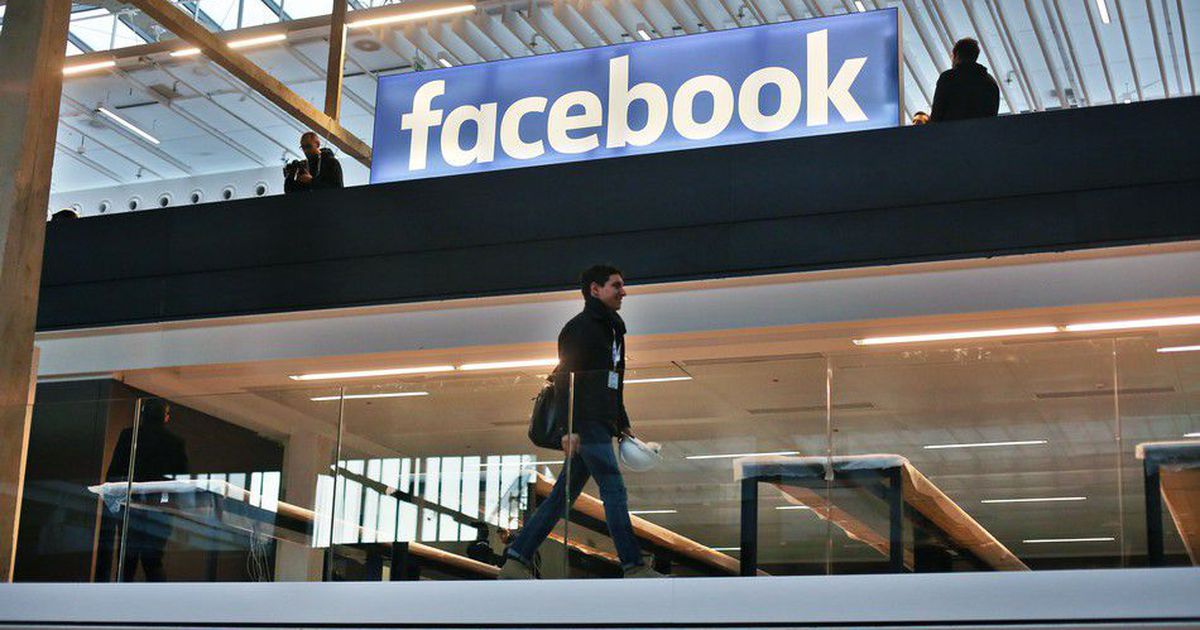Facebook exec to journalists: Be careful of your biases

/https%3A%2F%2Fblueprint-api-production.s3.amazonaws.com%2Fuploads%2Fcard%2Fimage%2F614932%2Fa219c38c-ce02-42c5-ab6f-49f2375c9dfa.jpg)
Twitter … for Facebook employees.
Facebook has been making headlines, but not for anything good. The world’s largest social network is in the spotlight over Russia’s interference with the 2016 U.S. election.
Alex Stamos, Facebook’s chief security officer, seems to think the media’s characterization of his social network’s connection to Russia interference is unfair, and he expressed his frustrations Saturday via a tweetstorm:
I appreciate Quinta’s work (especially on Rational Security) but this thread demonstrates a real gap between academics/journalists and SV. https://t.co/CWulZrFaso
— Alex Stamos (@alexstamos) October 7, 2017
Yes, that’s right. A Facebook executive went to Twitter, a competing social network, to share what he thinks journalists need to do better:
I am seeing a ton of coverage of our recent issues driven by stereotypes of our employees and attacks against fantasy, strawman tech cos.
— Alex Stamos (@alexstamos) October 7, 2017
Of course, using Twitter shouldn’t be too surprising for the task he had in mind. Many journalists are some of Twitter’s most active users, sharing their stories on the platform on a daily basis and checking it every day for their own news discovery. “Media Twitter” is the term for journalists chatting amongst themselves on the network, instead of, you know, reporting on other matters.
Stamos’s move to speak so frankly on Twitter was peculiar for Facebook, which is typically a very secretive company in regards to strategy and upcoming projects. Even though CEO Mark Zuckerberg speaks openly about the company’s plans in weekly all-hands meetings with employees, very little of it leaks.
“If we’re going to have this open culture, there’s a little bit of a pact [around not leaking secrets],” a former employee told Recode.
Executives may talk to some reporters, but they are typically accompanied by a public relations representative. Things have gotten tough for Facebook over the last month, however, ever since the company went public with the news that Russia-linked accounts purchased 3,000 ads, worth more than $100,000, during the 2016 election.
While we now know that Russia-linked accounts also leveraged Google and Twitter to spread propaganda, Facebook has taken a lot of the heat in the press as outlets report new developments seemingly daily about what the ads contained. Facebook has shared the ads and other information with Robert Mueller’s special investigation on the Russian interference and with Congress. But the company has declined to share the information with the public.
Despite his company’s lack of transparency, Stamos wants journalists to do better and be wary of their own biases.
My suggestion for journalists is to try to talk to people who have actually had to solve these problems and live with the consequences.
— Alex Stamos (@alexstamos) October 7, 2017
It wasn’t just Stamos. Andrew Bosworth, an early Facebook employee who is credited with creating News Feed and now oversees the hardware and artificial intelligence work at the company, also chimed in on Twitter Saturday. He responded to journalists publicly and also spoke via direct message with reporters such as myself.
My family biz selling 3k cases of wine per year: huge impact. Moving an election? Not at those levels. This is my point about scale
— Boz (@boztank) October 7, 2017
“We could talk on FB but very few journos there! Gotta go where the journalists are I think,” Bosworth sent to me via a Twitter direct message Saturday after I tweeted:
Couldn’t they also do that on FB tho
— Kerry Flynn ? (@kerrymflynn) October 7, 2017
When I then asked if the decision to tweet Saturday was a planned strategy by Stamos and other execs or “just done on a whim,” Bosworth asked to move the conversation to “off the record,” which I declined.
Well, at least someone is using Twitter other than this guy.
Read more: http://mashable.com/2017/10/08/facebook-execs-transparency-twitter-russia-election/
